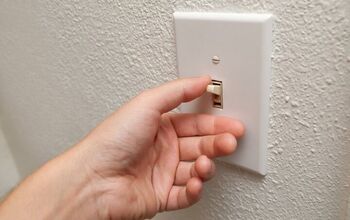Can You Tint Double Pane Windows? (Find Out Now!)

Double-pane windows, which may also be known as insulated glass or dual-pane glass, can allow more light into a given room. But with that additional light comes additional heat, which can make your HVAC system work all the harder.
If you are considering replacing your windows, get a quote from local contractors in your area here.
So, can anything be done to improve the situation? Can you tint a double pane window? The short answer is that, yes, you can. You can do so using a window tint film that blocks out extra UV light without sacrificing natural light. By blocking out extra UV rays, you can help to keep your home substantially cooler than you would without it.
Why It Isn’t Easy to Tint Double Pane Windows
While you can technically tint double pane windows, it is not the easiest endeavor out there. Because the double-pane windows are created of a specific glass structure, you can’t just apply a film without some due diligence.
Before you can install window film on double pane glass, you must first have an inspection done. The optimal film for reducing heat is based on specific lighting requirements set forth by the manufacturer. There are some variables involved that must be taken into account before choosing the right film
The Caution of Tinting Double Pane Windows
Because of the construction of the double pane windows, they have solar properties inherently included. When using a film that does not work with that double pane glass, you run the risk of altering the solar properties and even damaging the glass.
Films all work to absorb a certain percentage of the heat that comes into your home. When the absorbed heat gets trapped between those two panes, it can cause the seal to break or even cause the glass to shatter completely.
What Kind of Glass Do You Have?
Prior to applying a tint film to your double pane windows, there are a few considerations that you need to keep in mind. Applying the wrong film can mean having an ineffective film, which is a waste of both time and money.
Tempered Glass
Tempered glass, which is also known as strengthened glass, is made through the process of extreme heating and rapid cooling of that glass. Generally speaking, tempered glass is a lot more robust and harder than your typical glass.
In general, tempered glass has the capability of holding up to heat of just over 450 degrees Fahrenheit. Tempered glass is also much better at restricting UV penetration than standard glass.
Laminated Safety Glass
This is the ultimate in safety. Laminated safety glass, which is extremely difficult to break, is made by gluing a pair of anneal glass pieces (those are in the next section) together with an internal vinyl layer of glass.
The vinyl layer works as the glue, holding the two panes together in the event that the glass is impaled or broken. Laminated glass can also be made using a pair of tempered glass panes, too. This is the strongest type of glass that you can get.
Anneal Glass
Annealed glass is also known as standard glass. Annealed glass is a lot softer as it has been thermally treated and then cool slowly in order to relieve the internal stress.
When anneal glass breaks, it breaks into larger, longer chunks that often come out in jagged, sharp pieces. Should anneal glass break, it can cause substantial injury. You would generally use anneal glass when both safety and strength are not of the biggest concerns. Cost is typically the leading factor behind using anneal glass.
Single vs. Dual Pane Glass
While we know that we are using dual pane windows in this instance, it is important to know the difference between the two. Single pane windows are much cheaper and less effective than double pane. Single pane windows are typically great for single pane windows since their performance can be improved upon dramatically by using a window film.
Dual pane is just as it sounds: two panes of glass that are separated using a spacing material. The spacer is generally a material that is meant to absorb moisture. There is also a pocket that is filled with inert gasses. Typically, it’s Argon but it can also be dry air.
The gasses in dual pane windows are meant to improve the performance and efficiency of the glass. That means less heat entering and exiting. All of which means a more efficient heating or cooling experience based on the time of year.
Can You Tint Double Pane Windows?
With the right film, you can tint double pane windows. Because of their inherent ability to restrict UV rays, limiting heat penetration, you may not really even have to apply a tint. Should you do so, make sure that you have a professional inspect your windows to determine if a film is the right fit.
Using a window tint can be a waste of time and money. In extreme situations, you run the risk of damaging the seal on your double pan glass or even shattering it entirely.
Using a Film to Glass Checklist
Each and every manufacturer has its very own film-to-glass checklist. This checklist is designed to give the dealer a better idea of which film is best for that particular type of glass. During the consultation, the dealer will look at the glass closely to see what conditions are in place. They will also determine whether or not tinting is optimal for this situation.
What are the Most Common Film Types for Double Pane Windows?
All that said, there are a few films that have been tested to be safe for use with double pane windows. To make it a little easier, let’s look at which films are absolutely not safe for use with double pane windows:
- Bronze 20% VLT
- Natural 20% VLT
- Blackout Film
Additionally, you should never use any type of automotive film when it comes to dual pane windows. That even includes automotive film that has less than a 50% absorption rate.
For the most part, any other kind of film will work just fine for dual pane windows. That includes Silver films, Dual-Reflective films, and any type of Frost film. Just be sure to ask the installer or retailer about the films that might not be safe for your windows if you are not certain.
How to Choose the Right Film for Double Pane Windows
When it comes down to it, the most important factor to consider is heat absorption. Generally speaking, any film that has a Solar Heat Absorption rating that is higher than 50% would not be safe to use on dual pane glass.
When it comes to the rating for the film that you intend on using, make sure that you have anything below 50%. When in doubt, consult the manufacturer or a professional installer. They can verify that the rating is fine with your double pan windows.
What’s the Verdict?
Ultimately, having double pane glass is a benefit in itself. It has unique heat expelling/retention abilities that single pane does not have. That said, it can benefit from window tinting so long as it is the right measure of heat absorption. Should that total be 50% or less, you should be fine using that window tint.
UpgradedHome participates in affiliate programs. When you purchase through our links, we may earn a commission.

Ryan Womeldorf has more than a decade of experience writing. He loves to blog about construction, plumbing, and other home topics. Ryan also loves hockey and a lifelong Buffalo sports fan.
More by Ryan Womeldorf



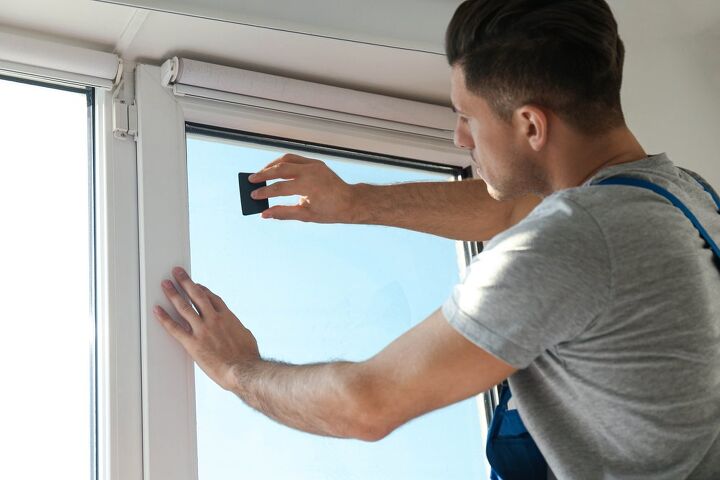






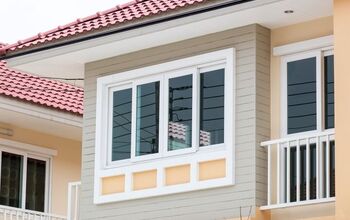

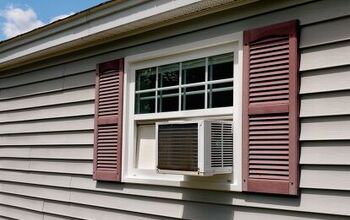
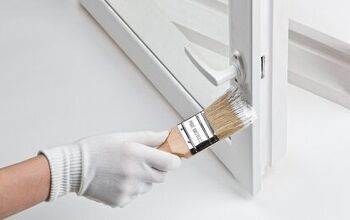
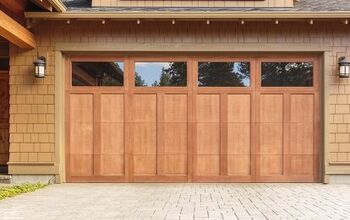




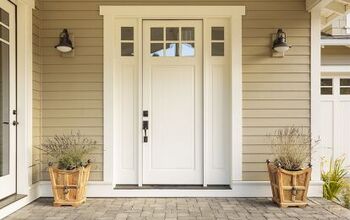

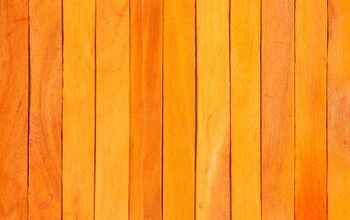


![12 Washing Machine Brands to Avoid [with Recall Data]](https://cdn-fastly.upgradedhome.com/media/2023/07/31/9075781/12-washing-machine-brands-to-avoid-with-recall-data.jpg?size=350x220)


